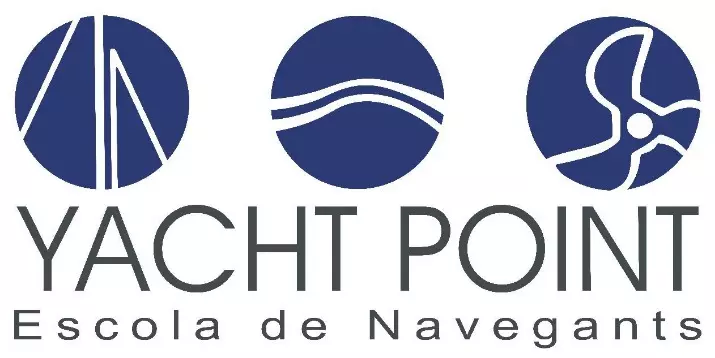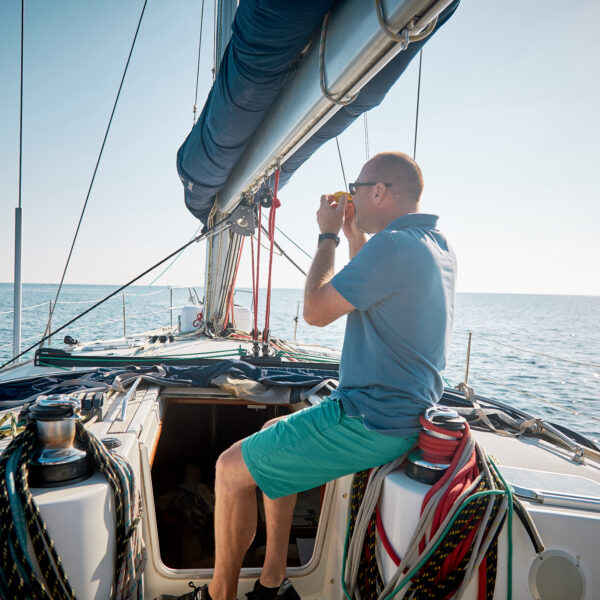The ideal way to learn to sail is by starting with the basics. Having sailing experience makes for better skippers. It not only teaches how challenging tasks like anchoring a boat or making coffee in rough seas can be, but also helps in managing the crew more effectively and understanding what can be reasonably expected from them.
In Spain, there is no recreational qualification that certifies individuals as efficient crew members—skills such as properly using moorings, setting a furl, handling mooring maneuvers, or maintaining a steady course. These are tasks often expected from others, and the stress of unmet expectations can arise when they are not performed well. This leads to habits where delegation becomes difficult, shifting from teamwork to a “great leader” mentality, preventing others from acting autonomously.
When asked whether a partner or family member should obtain a qualification to assist on board, the recommendation is to forego a traditional degree. Instead, investing in the British RYA “Competent Crew” course is advised. This course is ideal for those seeking not only a certification but also the knowledge necessary to navigate more efficiently and safely.
Five consecutive days (or two consecutive weekends) on board with an instructor to teach everything necessary to be an effective crew member:
- Sail handling: handling sheets and winches, taking curls, folding sails and changing sails in navigation.
- Handling of moorings.
- Knowledge of security equipment.
- Understanding of what a man’s manoeuvre to water implies.
- Being able to make a watch.
- Operation of the auxiliary vessel.
- Use of anchorage.
Simply envisioning an effective crew handling these tasks makes the crossing significantly easier and more comfortable. It is not uncommon to find crew members who, in certain tasks, prove to be more competent than the skipper themselves.
For those seeking a qualification that truly empowers them as skippers, the “on board” format is the ideal choice. For Spanish qualifications, the Patrón de Embarcaciones de Recreo (PER) is the most relevant, while for skippers operating under English flags or those transitioning from “second-in-command” roles on Spanish-flagged vessels, the Day Skipper course is highly recommended. This course is arguably the best option for comprehensive training.
Five days on board in this format transforms apprentices into skilled and confident crew members. The “on board” structure provides a well-rounded education, covering all aspects of yacht operation, from maneuvering to habitability and comfort. This holistic approach contrasts with traditional course formats, which often separate theory from practice and may include too many students and insufficient hands-on experience.
Being a competent skipper requires more than just the ability to moor or win a regatta. Essential skills include:
- Skilled in the manoeuvring.
- Correct planning of the crossing.
- Proper handling of the crew.
- Mastery of emergency mechanisms and procedures -awareness of the limitations of the skipper, crew and ship.
Such standards can only be attained by spending hours on board, learning from experienced individuals. The recommended approach is to opt for a residential course format, where immersive, hands-on training is integral to the learning process.
You can learn to navigate…
For more information: info@yachtpointbcn.com

